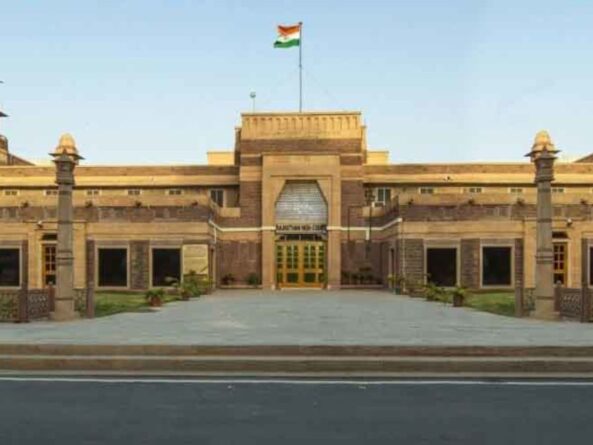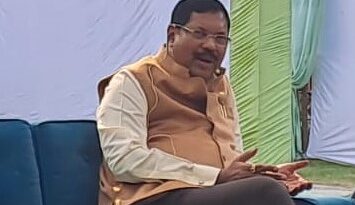Rajasthan High Court Issues Notice in Petition Challenging Appointment of Supreme Court Judge’s Son as Additional Advocate General
Access to this exclusive content is available only to our subscribers

Annual Subscription
₹ 820/year
(Plus ₹ 180 GST)
SUBSCRIBE NOWWith your support, we are able to provide an extensive range of content to you at an accessible subscription model




